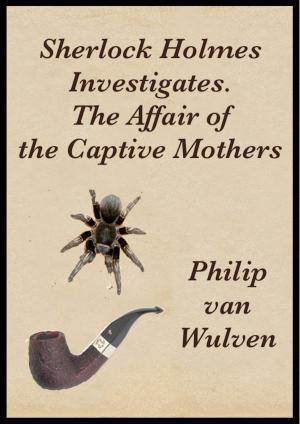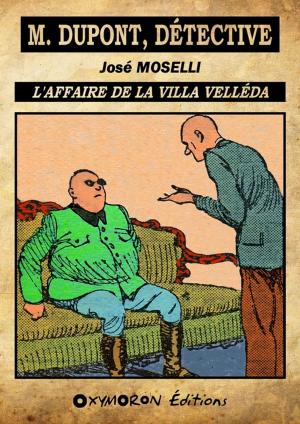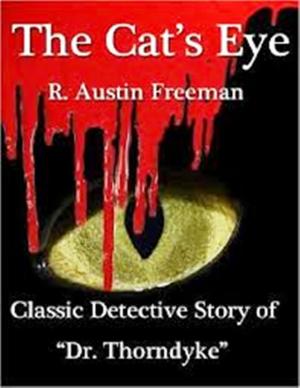| Author: | Lee Johnston | ISBN: | 9780993871924 |
| Publisher: | Lee Johnston | Publication: | September 5, 2014 |
| Imprint: | Smashwords Edition | Language: | English |
| Author: | Lee Johnston |
| ISBN: | 9780993871924 |
| Publisher: | Lee Johnston |
| Publication: | September 5, 2014 |
| Imprint: | Smashwords Edition |
| Language: | English |
Praise for Seemly Justice
In her novella, SEEMLY JUSTICE, contemporary author, Lee Anne Johnston, is the Jane Austen of Upper Canada. She has penned a narrative of Victorian propriety and domestic violence, dipped her metaphorical quill in indelible ink. Here, she writes with the voice of a historical poet and her 19th century women are beautifully rendered: angry while socially restrained. An early feminist, her Penelope Clearwater, refuses family abuse, practices instead quiet justice, as well as the ministry of medicine and healing in the Christian charity of the day.
In a sequel, THE POISONED GIFT, Penelope appears in another gripping novella. As a doctor’s wife--again based in Galt, an industrial town in southwestern Ontario--she serves as a nurse whose sensible shoes are mired in a mystery involving the poisoning of a child and subsequent assault on Mrs. Smythe, the child’s mother. Through the events of this narrative Penelope is able to assuage a guilty conscience and heal feminine insecurities. The story moves as quickly as the Grand River on which it is set despite the rigid protocol of upper class Victorian religious and cultural mores. Johnston’s command of the diction, class structure, costume, and architecture of the day are so convincing it is as though she has snapped a shutter on detailed Daguerreotypes of decorum and violence in this early Canadian life.
In another period piece, MY WAR, Alice Cunningham is a WWII nurse who migrates from Galt to London, England. Johnston weaves vivid details of a war hospital and the brutal effects of battle on both Canadian and British health, culture and ethics. As in the first two stories, many of her women are early feminists and healers. Some rise while others fall, as a result of the social and medical mania of world war: its romance and blood, drama and horror.
- April Bulmer, author of Women of the Cloth (poems published by Black Moss Press, Windsor, Ontario, 2013)
Praise for Seemly Justice
In her novella, SEEMLY JUSTICE, contemporary author, Lee Anne Johnston, is the Jane Austen of Upper Canada. She has penned a narrative of Victorian propriety and domestic violence, dipped her metaphorical quill in indelible ink. Here, she writes with the voice of a historical poet and her 19th century women are beautifully rendered: angry while socially restrained. An early feminist, her Penelope Clearwater, refuses family abuse, practices instead quiet justice, as well as the ministry of medicine and healing in the Christian charity of the day.
In a sequel, THE POISONED GIFT, Penelope appears in another gripping novella. As a doctor’s wife--again based in Galt, an industrial town in southwestern Ontario--she serves as a nurse whose sensible shoes are mired in a mystery involving the poisoning of a child and subsequent assault on Mrs. Smythe, the child’s mother. Through the events of this narrative Penelope is able to assuage a guilty conscience and heal feminine insecurities. The story moves as quickly as the Grand River on which it is set despite the rigid protocol of upper class Victorian religious and cultural mores. Johnston’s command of the diction, class structure, costume, and architecture of the day are so convincing it is as though she has snapped a shutter on detailed Daguerreotypes of decorum and violence in this early Canadian life.
In another period piece, MY WAR, Alice Cunningham is a WWII nurse who migrates from Galt to London, England. Johnston weaves vivid details of a war hospital and the brutal effects of battle on both Canadian and British health, culture and ethics. As in the first two stories, many of her women are early feminists and healers. Some rise while others fall, as a result of the social and medical mania of world war: its romance and blood, drama and horror.
- April Bulmer, author of Women of the Cloth (poems published by Black Moss Press, Windsor, Ontario, 2013)















